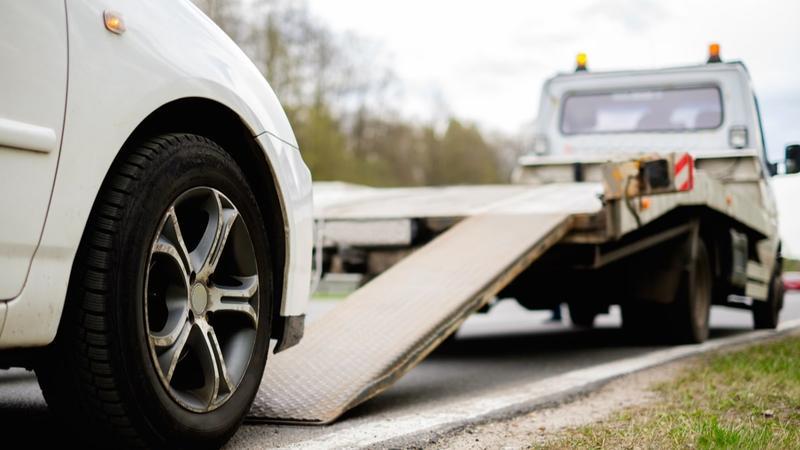Most drivers know what the basic coverage choices are that are needed for a car insurance policy. Legally required minimum coverage for liability and accident benefits are the basis for a good insurance policy, and from there each driver can select the options that they feel are needed. Most drivers will choose to add comprehensive and collision coverage for their vehicle, but there are other options that are worth purchasing. Some of them can save a lot of money and a lot of trouble as well.
Waiver of Depreciation
When a brand new car leaves the lot with its proud new owner behind the wheel, it almost immediately loses some value. That’s because once you buy that car and drive it onto the street, it goes from "new" to "used" in an instant. This means that the car has started to depreciate, and some cars can take a pretty big hit according to traditional valuation methods within the first couple of years.
This means that if you are involved in an accident, your car will be valued by the insurance company at a depreciated amount. That car that you paid the brand-new price for a few months ago isn’t considered brand new by the insurance company, and you will be reimbursed only for the depreciated value. If you have financed or leased the vehicle, you are responsible for paying the amount of the loan or lease regardless of depreciation leaving you with a gap. This can be avoided by purchasing waiver of depreciation coverage when you insure your new car.
This coverage ensures that if your new car is written off in an accident or theft early on in your ownership of it – usually within two years – you will be entitled to the brand-new value instead of the depreciated value. That means you can go buy another new car rather than heading for the used car lot for your replacement.
Rental Car Coverage
A lot of people think that they are automatically covered by their insurance policy when driving a rental car. Unfortunately, that is not necessarily true. If your policy doesn’t include rental car coverage, then you may be out of luck if there’s an accident in that rental.
Rental car coverage is an optional coverage that is well worth the purchase price if you rent cars regularly. It generally costs a lot less than buying the coverage offered by the rental car company, and is always there for you when you need a rental.
Accident Forgiveness
After the initial phase of facing an accident and its fallout, you have to think about the long-lasting impact of that accident. If you were found at fault, then you can look forward to seeing an increase on your car insurance premiums that will last for likely six years.
One of the latest trends in auto insurance is an option that you can purchase to protect you from that increase – at least on your first accident. Accident forgiveness means that, with some exceptions, your insurance company will "forgive" your first at-fault accident and not raise your rates as a result. Since the cost of paying for that accident over the next three years is certainly a lot higher than the cost of purchasing this coverage, check with your insurance professional to see if this coverage is available through your company.
Roadside Assistance
Most insurance companies offer roadside assistance for a very small additional premium, giving you the peace of mind of knowing you are covered for towing, help with a flat tire or a dead battery, or even locking your keys in the car by accident.
Even drivers who have assistance through CAA may want to take a look at the coverage through the insurance company. It may offer farther towing distances and more coverage in general than the CAA plan, and it may actually cost you less than the yearly premium for the automobile club membership.
Loss of Use
What would you do if you were in an accident and your car needed serious repairs? If you don’t have an extra vehicle and depend on your car to get around, you will need to get a rental car. Some repair shops may offer free loaner vehicles, but you can’t count on that. Instead, consider purchasing loss of use coverage.
This coverage will pay for your rental car for the duration of the repairs on your vehicle as long as those repairs are in connection with a covered loss. This is an optional coverage that is well worth adding to your policy, as the cost of a rental car can add up really quickly, and the coverage itself carries only a small additional premium.
Every driver should determine which optional coverage is best for their needs – but these are some of the most worthwhile options available. They’ll cost you a little more upfront, but can save you a lot of money in the long run.
